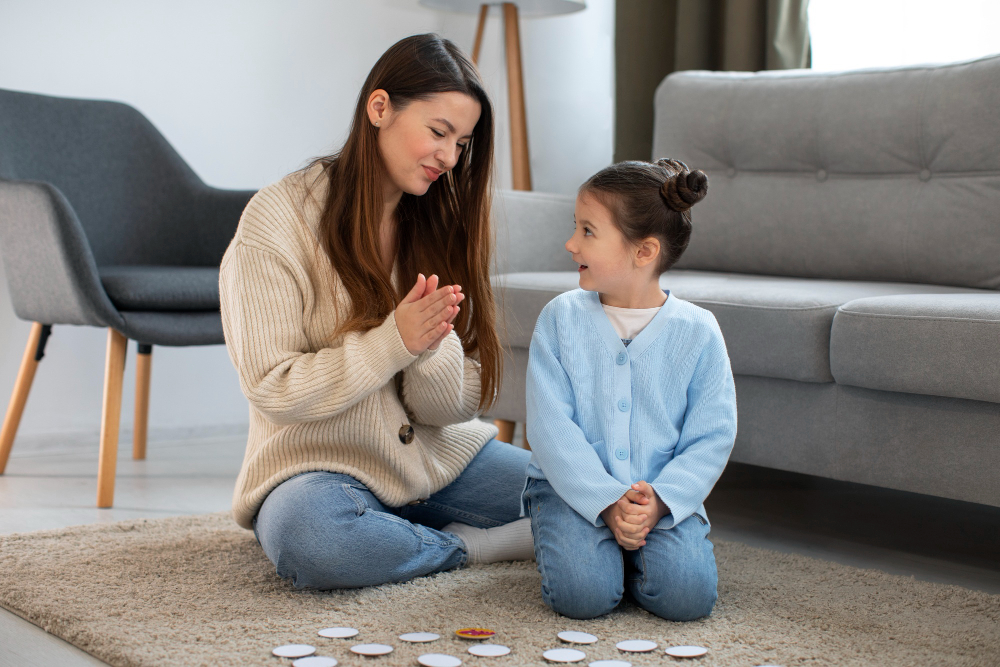Helping Children Thrive with Dialectical Behavior Therapy
A compassionate, skills-based program that supports young children in building resilience, improving emotional control, and feeling safer at home and school.
Best for
Children with emotional dysregulation, behavioral challenges, anxiety, or early signs of self-harm
Session format
Individual + Group + Parent/Family coaching, In person or Virtual
Typical cadence
Weekly individual sessions + weekly group skills sessions, Session length: 45–90 minutes
Duration
3–12 months, depending on needs
Often combined with
School-based support, family therapy, social skills training, trauma-focused interventions
Evidence base
Research-supported adaptation of DBT for children proven effective in improving emotional regulation and reducing risky behaviors.


